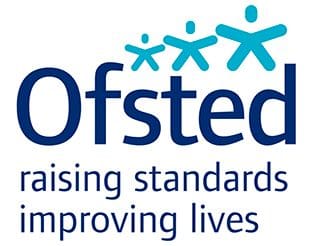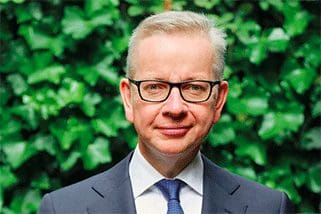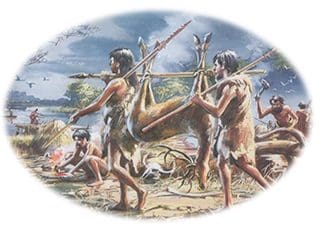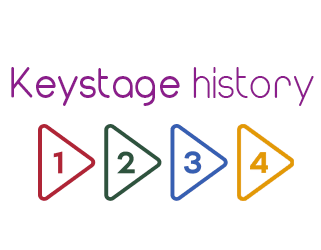
| What the inspectors said | Commentary |
| Pupils in your school thoroughly enjoy learning history.
They like the enquiry-based approach you take to learning in the history curriculum, as they learn to ask and answer questions about history.
Several spoke about the memorable experiences they have had when studying history, for example meeting local residents who were evacuees during the Second World War, and visiting places of historical interest, such as Fishbourne Roman Palace and Stonehenge, live long in pupils’ memories and develop pupils’ understanding of the history of their local area well.
Teachers have strong subject knowledge of the topics they teach
They plan the curriculum collaboratively with colleagues and appreciate the support they receive from the history subject lead.
They are professionally curious about the topics they teach. They make sure each topic is grounded in historical facts and taught in a way that will interest pupils.
You have made sure that history sits securely within your topic-based approach to teaching the curriculum.
Several topics have a history focus, and you use the national curriculum as a guide to ensure that the breadth of history you cover matches the aims of the national curriculum.
You carefully introduce pupils to this breadth over the time they are in school. Younger children learn about themselves and their family history. As pupils get older, you broaden the curriculum to include local, British and then world history. Pupils are well prepared to learn about history when they start key stage 1 because teachers in early years develop children’s understanding of the world well. For example, children start to learn about the concept of time as they are introduced to days of the week, birthdays and changes in the seasons. A photographic timeline, showing the things children can do now that they couldn’t do at the start of the year, helps children understand sequencing in a simple way, and how things change and develop over time. |
All topics on this website are driven by enquiry-based key questions. Every lesson should ideally revolve around a perplexing questions in which pupils have to raise their own questions
It is essential that history subject leaders plan history-led topics alongside year team.
Always find an exciting way into the topic and an imaginative outcome. Think about using strategies such as Mantle of the Expert to make the work really engaging
You will see that OFSTED is not saying history should be taught as a discrete subject but it does need to have a clear identity within a cross-curricular topic.
It is clear that history needs to begin in a systematic way in EYFS. You will see the range of topics we have advocated on the site. |
| You have an inclusive curriculum and pupils with special educational needs and/or disabilities (SEND) are supported well to understand history. The overall curriculum is sequenced so that pupils come into contact with more complicated historical ideas over time. Younger pupils learn key facts and simple reasons for the key events you cover, whereas older pupils add to this by learning to apply their knowledge. Teachers check pupils’ knowledge through skilful use of questions and quizzes. Each topic has an ‘end point’ that allows pupils to demonstrate the knowledge they have gained. For example, pupils create ‘living museums’ where they share their new knowledge of history with their parents.
Over time, pupils develop an increasingly complex understanding of how we learn about history. For example, pupils in key stage 1 are starting to understand that we can use pictures to find out about the past. Older pupils develop this further by thinking about how trustworthy images are, for example when looking at propaganda posters from the Second World War. Pupils have an age-appropriate understanding of chronology.
This starts with younger pupils being able to make simple comparisons between features of life in the past and how we live now. By the time they leave at the end of Year 6, pupils have gained an understanding of the order of the things they are learning and how long ago they happened.
Although pupils develop strong knowledge of historical events, some pupils do not have a secure enough grasp of the abstract terms they come across. For example, some pupils were confused over the terms ‘empire’ and ‘emperor’. This is because leaders have not considered carefully enough when these terms are used within the curriculum, and consequently pupils do not deepen their understanding of what these terms mean in different contexts. |
A good example of involving parents
OFSTED is looking for clear evidence of progression.
This is an interesting one. Because reference to these terms is written into the National Curriculum it is not surprising that OFSTED is quizzing pupils on them. In many ways this is lightly unfair because a Y3’s understanding of the term empire is going to be far less sophisticated than a Y6 pupil’s |
| Pupils are given some opportunities to write about the history they are learning. Pupils in lower key stage 2 wrote clearly about the different reasons why the Romans invaded Britain. However, teachers have not thought carefully enough about how to support older pupils in constructing informed historical responses to more complex questions. For example, although pupils in upper key stage 2 were asked to make decisions about the most important reason for an event, pupils’ written responses were not well developed.
Sometimes, the way that teachers sequence the learning within the topics they teach means that pupils are being asked to apply complex concepts without first being taught enough about what those concepts mean. For example, pupils in upper key stage 2 were asked to provide an explanation about which ancient civilisation was the most significant, before being supported in understanding the different facets of what might make something significant. This resulted in pupils’ original responses not addressing the question well enough. Once they had been supported in understanding the meaning of the word ‘significance’, they were much better able to produce a reasoned and considered response. | Pupils have well-focused work which leads to appropriate outcomes but these needs to be modelled. On this site we feature a Y5’s explanatory writing to show you the sort of standard expected.
All pupils need adequate contextual knowledge before they can attempt specific activities
Ideas such as significance have to be planned carefully across the keystage. |






